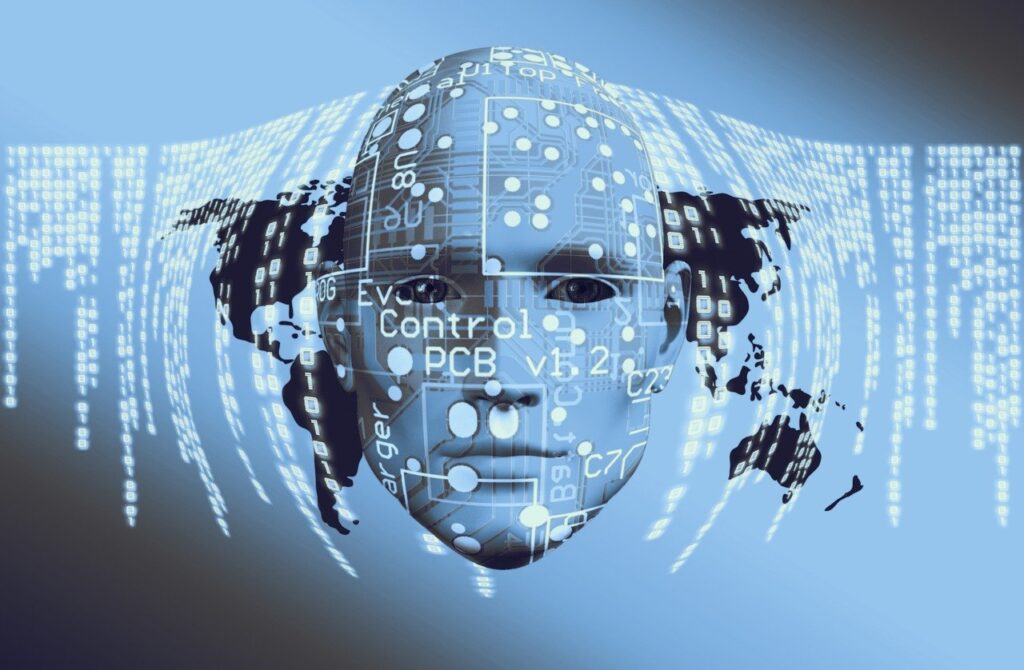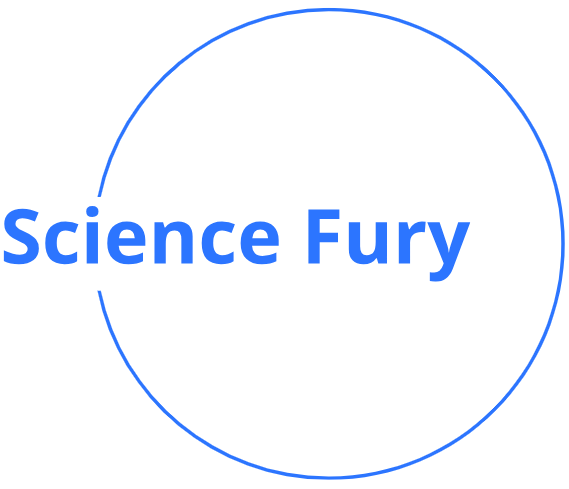
A blurry future
Elon Musk pondered the thinking about the reality of artificial intelligence and its strong capabilities, and this led him to the belief in the necessity of integrating ourselves with machines if we wanted the continuation of the human race, and for this purpose, he established an emerging company to develop the computer-brain interface technology necessary for this, and despite the fact that the laboratory established by Mask Open »Develop an AI that can teach itself, but Musk recently said that the success rate of efforts to make AI artificially safe is only 5-10%.
According to Rolling Stone magazine, Elon Musk talked about these negative possibilities with his company, “Neuralink“, which is working on developing computer-brain interface technology, and Musk has publicly admitted that artificial intelligence technology not only offers great potential but may also cause serious problems, according to Although Musk the Big is involved in developing AI.
The challenge of making AI safe is about two things:
The first, the main goal of artificial intelligence, which OpenEA is developing, is to build AI that is not only smarter than humans but also has the ability to self-learn without any human intervention, and this may lead us to the unknown.
The second thing is that there is no moral imperative in machines and you cannot feel remorse or show any emotions to others, and AI may be able in the future to distinguish between right and wrong actions, but it will not be able to express human feelings explicitly.
Musk, in his meeting with Rolling Stone, explained more risks and problems currently associated with artificial intelligence, including the possibility of a few companies taking control of the artificial intelligence sector, and referred to Google’s Depmind company as a prime example. That show more interest in user privacy – more information about users than users themselves remember, so there is a high risk of concentrating power in the hands of a few companies, it is unreasonable for a group of people at Google to control general artificial intelligence – which represents a large amount of power – without Control. »
Artificial Intelligence: Is it worth the risk?
Not all experts agree with Musk’s opinion, as Facebook founder Mark Zuckerberg said that he is optimistic about the future of humanity with the presence of AI, describing Musk’s statements as “irresponsible”, and in return, Stephen Hawking publicly expressed his opinion that AI systems pose a great danger to humanity To the point where it may take its place.
“We still lack the basic and methodological knowledge necessary to achieve serious results in artificial intelligence and solve problems related to it,” said Sergei Nikolenko, a Russian computer scientist who specializes in machine learning and network algorithms for Futurism. You decide to overthrow the human being,” and that’s what Musk might agree on, but Musk’s view focuses more on how to build future AI, depending on what we have today.
There are now AI systems capable of creating other artificial intelligence systems, systems capable of talking to each other in their own language, and reconnaissance systems, and although the idea of the uniqueness of robots and their uprising on humans may now seem like pure science fiction, the evolution of artificial intelligence makes these The idea can happen in the future, but these concerns are not a sufficient reason to stop developing artificial intelligence. We now have artificial intelligence capable of diagnosing cancer diseases, identifying suicidal behavior, and helping to stop sex trafficking.
Artificial intelligence technology has the ability to save and improve human lives, so we must find laws to make AI safe in the future. As for Mask’s warnings, it is ultimately the opinion of one man, and this is what Musk himself said to Rolling Stone: “I don’t know all the answers, “I try to know the set of measures that can be taken to make the future better, and if you have suggestions in this regard, I am ready to listen to them.”
Lets ask an AI if the artificial intelligence can be secure:
Yes, it is possible for artificial intelligence (AI) to be secure. In fact, ensuring the security of AI systems is a critical consideration in their design and implementation.
There are several ways in which AI can be secured:
Data security: AI systems rely heavily on data, and it is important to ensure that the data used to train and operate the system is secure. This can be achieved through measures such as encryption, access controls, and data anonymization.
System security: The AI system itself should be designed to be secure, with appropriate security measures such as firewalls, intrusion detection systems, and anti-virus software.
Threat detection and response: AI systems can also be used to detect and respond to security threats. For example, machine learning algorithms can be trained to identify patterns of behavior that indicate a potential security breach.
Human oversight: Finally, it is important to have human oversight of AI systems to ensure that they are functioning as intended and to identify any security vulnerabilities or threats.
Overall, securing AI systems is a complex and ongoing process that requires a combination of technical and human measures.
In addition to the points mentioned above, it is also important to note that AI can also be vulnerable to attacks such as adversarial attacks and data poisoning attacks. Adversarial attacks involve intentionally manipulating the input data to an AI system in order to cause it to make incorrect or malicious predictions, while data poisoning attacks involve intentionally inserting malicious data into the training data used to develop an AI system.
To mitigate these risks, researchers are developing techniques such as robust training algorithms and input validation methods that can help to detect and prevent these types of attacks.
It’s worth noting that while AI systems can be secured, there is always a risk of security breaches, and it’s important to remain vigilant and proactive in protecting against them. As with any security system, there is no one-size-fits-all approach, and security measures must be tailored to the specific context and application of the AI system in question.
